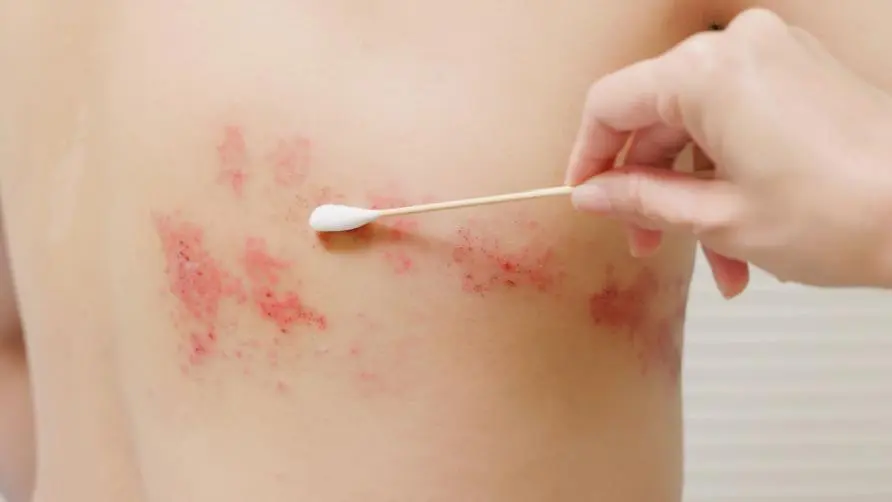Do you wake up every day feeling dizzy and nauseous? Doctor: Beware of "otolithosis" causing vertigo migraine

Every day when I wake up, I feel dizzy and have migraines. It turns out to be otolithosis.
A 70-year-old man reported that when he got up every morning for two years, the scene in front of him would “rotate” for a few seconds, followed by symptoms such as tightness in the neck, pain in the back of the head, throbbing pain in the top of the head, eye sockets and temples, and nausea. , the feeling of vomiting lasts for several hours.
The patient reported that the headache was relieved initially as long as he took painkillers immediately. Later, if I accidentally turned my head too fast, it would induce dizziness, followed by a headache, so I had to carry painkillers with me in case of emergency. I always thought it was excessive worry about my children that caused autonomic nervous system disorder. The condition has worsened recently, and I even need to take painkillers 3-5 times a day.
When the patient came to see a doctor, he saw his eyeballs rotating rapidly as soon as he lay down. It was confirmed that he had “right horizontal semicircular canal otolithosis”. After receiving the reduction surgery, his vertigo was cured and his headaches no longer occurred.
Otoliths falling into the semicircular canals can cause migraines. Be careful with older people and chronic diseases.
This case actually suffered from “otolithiatic migraine”, which is a type of “vertigo migraine”. The cause is that the otoliths in the utricle break away from the otolith plaque and fall into a certain semicircular canal. When you turn your head or change your body posture, the otoliths will continue to drive the reflux of endolymph and touch the roof of the ampulla at the root of the semicircular canal. cap, triggering a large amount of vestibular information and transmitting it to the brainstem via the vestibular nerve. The vestibular nucleus of the brainstem strengthens its work in an attempt to suppress this abnormal message, and at the same time excites the sympathetic nerves in an attempt to dilate the cerebral arteries.
If the patient already has arteriosclerosis, especially those who are older or have chronic diseases, the brainstem blood vessels cannot expand immediately and the local blood flow supply is insufficient. The trigeminal nerve endings in the arterial wall are stimulated by hypoxia and release a large amount of calcitonin gene-related The hormone peptide (CGRP) attempts to dilate arteries, but it also induces migraines through the trigeminal neurovascular pain mechanism.
Be careful to prevent brainstem stroke after treatment of otolithic migraine
Clinical treatment of this disease is mainly based on “otolith repositioning surgery”. The patient rotates the head in accordance with the doctor’s instructions. The doctor will move the displaced otoliths back to the utricle one by one in the direction of the eyeball movement, just like operating a “marble maze”. “. It is also recommended that beta-type receptors or gamma-aminobutyric acid receptor modulators be taken orally immediately during an attack of vertigo to stop migraine attacks. After treatment, it is recommended to take antiplatelet agents or eicosapentaenoic acid (EPA) regularly according to the degree of arteriosclerosis to prevent brainstem stroke.
It is worth noting that many people use 3C products excessively, have poor posture for a long time, and overwork their neck muscles. When dizziness attacks, the head and neck muscles reflexively contract, squeezing the muscle membrane, and the pain sensation passes through the second and third The spinal nerves in the neck pass into the brainstem and interfere with the trigeminal nerve spinal pathway nucleus, which can also cause migraines.
Further reading:





